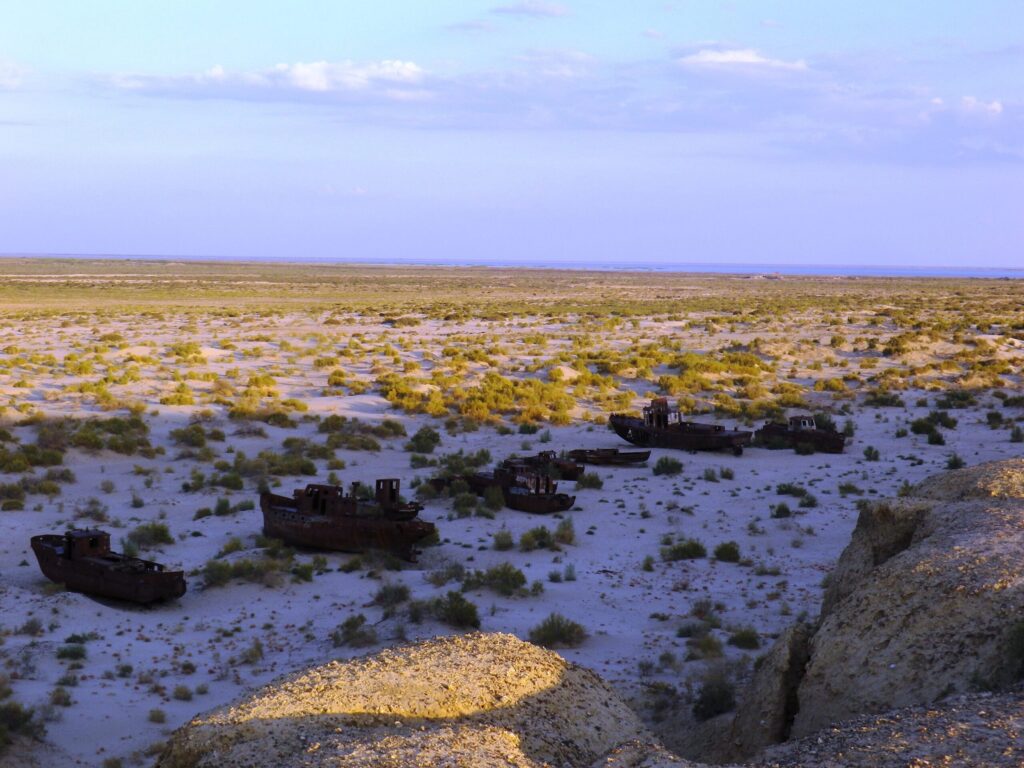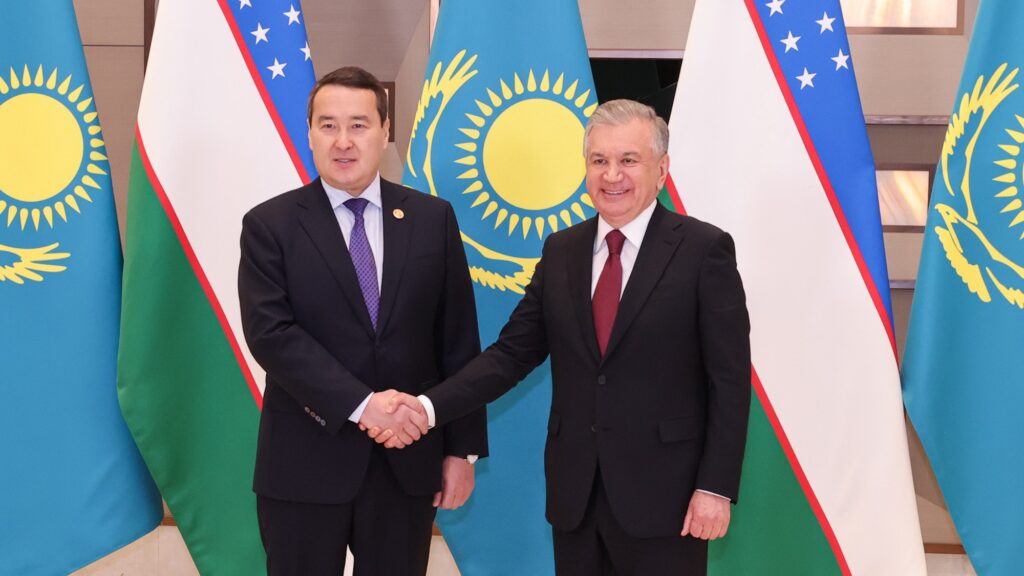Kazakhstan Increases Oil Supplies to Germany via Russia by 54% in November
Kazakhstan Increases Oil Supplies to Germany via Russia by 54% in November The volume of transportation of Kazakh oil through the system of trunk oil pipelines of Russia’s Transneft PJSC in the direction of the Adamova Zastava oil delivery point in Russia for further delivery to Germany will increase from the planned 100,000 tons to 154,000 tons, the director of the transportation department of KazTransOil JSC, Abai Beisembayev said on November 30th. KazTransOil JSC is the national operator of the main oil pipeline in Kazakhstan. “Despite difficult meteorological conditions in the Black Sea, KazTransOil JSC fully fulfills its obligations to shippers”, Beisembayev said. “There are no restrictions on the part of Transneft PJSC today. Due to the limitations of oil transportation through the system of the Caspian Pipeline Consortium JSC, a number of shippers who would like to pump oil through our system have applied to KazTransOil JSC. Operational work was carried out with Transneft PJSC on additional pumping of the resources of Karachaganak Petroleum Operating B.V. In November, it was planned to deliver 100,000 tons of oil to Germany, but by the end of the month, the volume of transportation of Kazakh oil through the system of trunk oil pipelines of Transneft PJSC in the direction of the Adamova Zastava oil delivery point for further delivery to Germany will amount to 154,000 tons”. KazTransOil JSC confirmed its technical capability to supply 1.2 million tons of Kazakh oil a year towards the Adamova Zastava oil delivery point for further transportation to Germany, but the actual volume depends on requests from oil companies.




